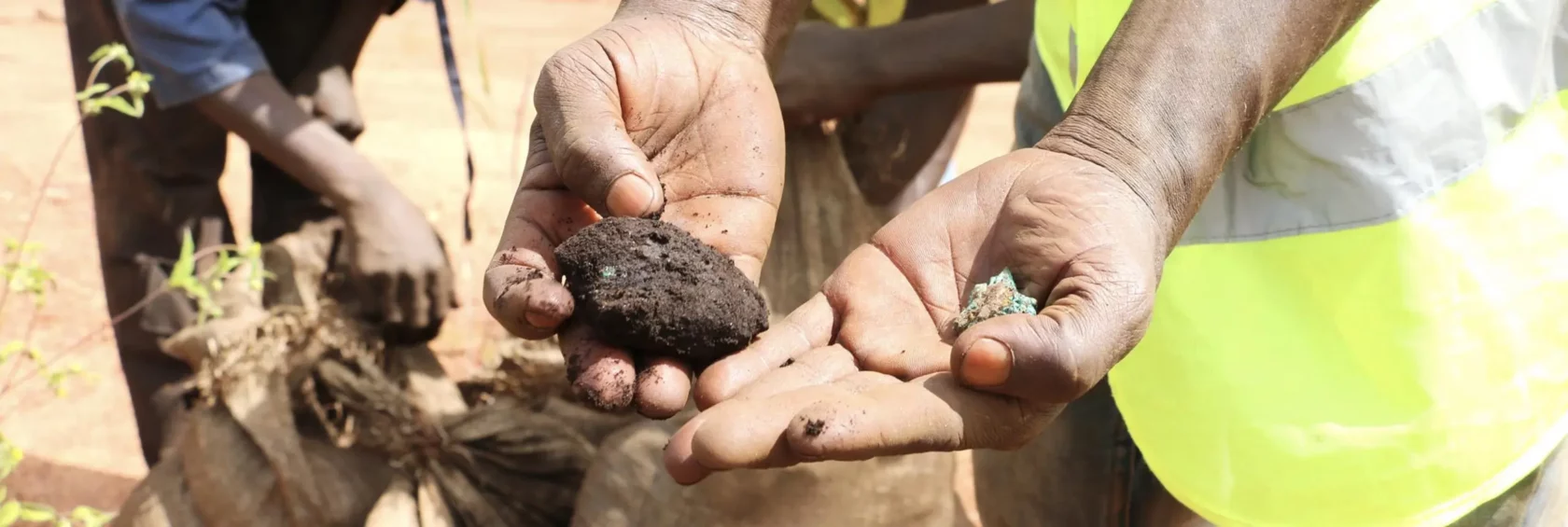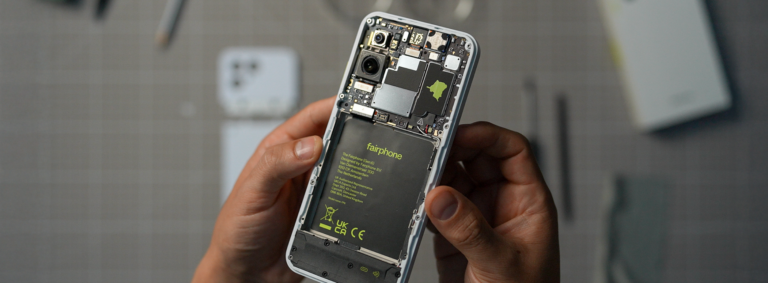Be part of the change: Join the Fair Cobalt Alliance
Today is a big day. From Fairphone’s very beginnings, we’ve been investigating ways to improve the cobalt supply chain, especially in the Democratic Republic of the Congo (DRC). And now, after years of work, we’re ready to publicly launch the Fair Cobalt Alliance!
This alliance brings together major industry players who want to address some of the most pressing issues in the artisanal cobalt mining sector, from child labor to hazardous working conditions and is set up to work with the Democratic Republic of Congo (DRC) government and civil society partners. This isn’t just about thought leadership – we’re an action-oriented group that drives impact by investing directly in building capacity and empowering the people working in the mines, as well as those living in the surrounding communities.
Why cobalt?
Our world is undergoing a major energy transition, moving from fossil fuels to battery-powered technology. Whether they are found in smartphones, power tools or electric vehicles, cobalt is one of the essential components in rechargeable batteries.
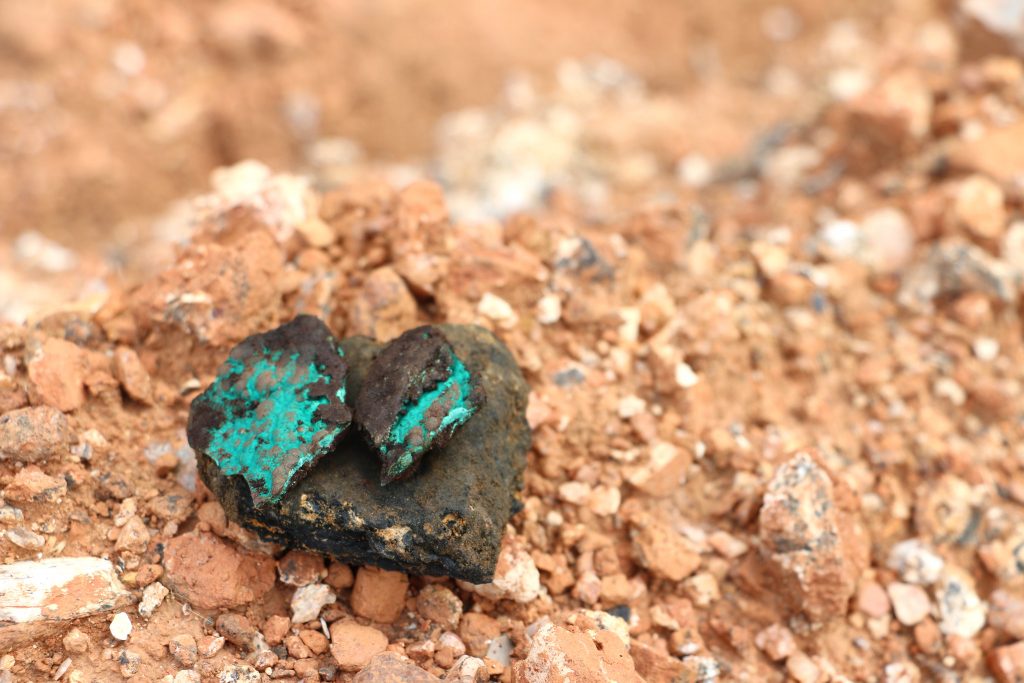 Cobalt is often found alongside copper and malachite. Therefore, these supply chains, and the related risks, are often closely linked to each other.
Cobalt is often found alongside copper and malachite. Therefore, these supply chains, and the related risks, are often closely linked to each other.While these batteries might be a more sustainable energy source, their supply chains come with their own range of problems. Therefore, we believe that making fairer electronics means making fairer batteries. For us, the first part of that equation is more responsibly mined cobalt.
The consequences for artisanal miners and their communities
As the market for battery-powered devices and vehicles increases, the demand for cobalt is rising along with it. Soon, the global demand will surpass the available supply.
Currently, the DRC accounts for about 60% of the world’s cobalt production. While most of the cobalt from the DRC originates from large scale mining operations (LSM), 20% is extracted using artisanal and small-scale mining (ASM). Despite the lower production levels, 90% of all cobalt miners in the DRC work in artisanal mining.
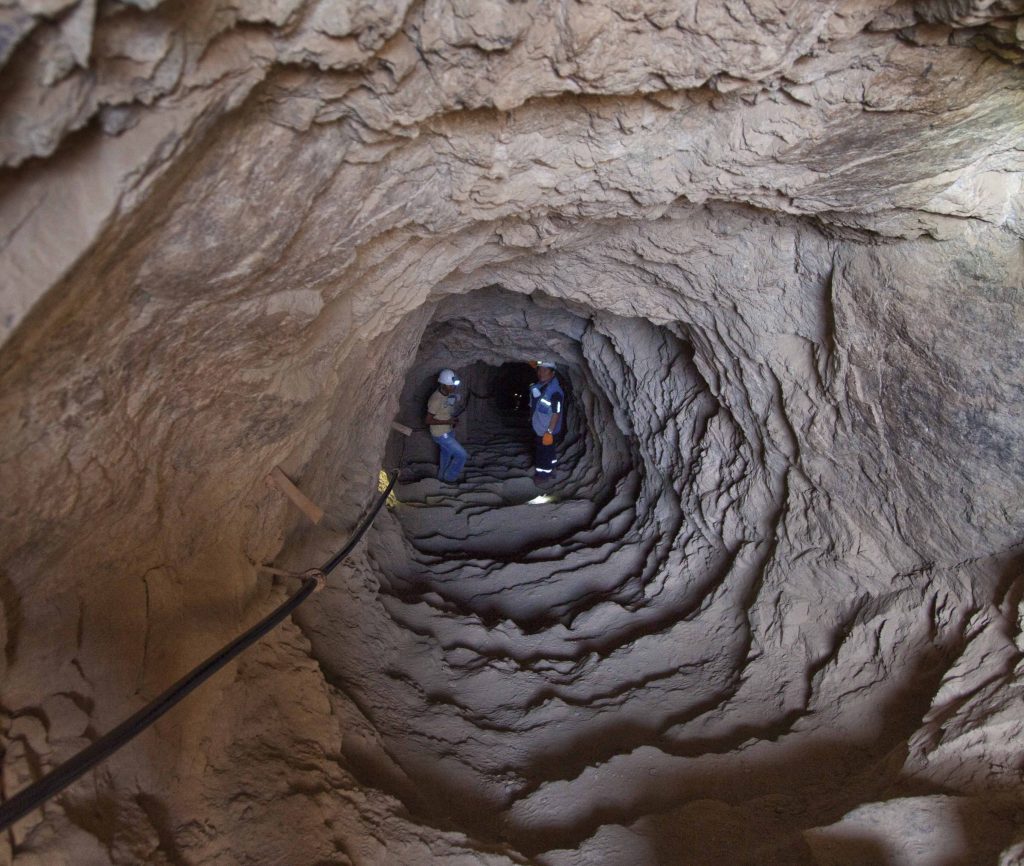 The reality of artisanal small scale mining – Deep tunnels for cobalt ore.
The reality of artisanal small scale mining – Deep tunnels for cobalt ore.The first report to reveal the extent of the human rights abuses was This is What We Die For, published by Amnesty International in 2016. More recently, The Impact Facility, one of the Fair Cobalt Alliance’s founding organizations, conducted a baseline study to better understand the current situation and how we should develop our programs. The findings were published in their new report, Digging for Change. (For more background information, be sure to read two guest blog posts by David Sturmes, one related to the conclusions drawn from this report, and the other looking at the charged debate surrounding cobalt.)
What we’re trying to achieve
Because of the challenges associated with ASM, many downstream cobalt users (such as electronics companies and the automotive industry) don’t want to have anything to do with this sector. However, because ASM is such an important source of income for families in the DRC, and because the demand for cobalt (and therefore ASM activity) is growing, Fairphone believes it is essential to work directly with ASM cobalt sites and the surrounding communities to improve working conditions and (economic) opportunities.
The Fair Cobalt Alliance is focused on taking action to make a positive impact. The members of the alliance are currently working towards three main objectives:
- Driving the supply of fairer cobalt by supporting the professionalization of ASM management.
- Working to end child labor by supporting ASM operators as well as the surrounding communities in establishing a variety of mechanisms to keep children out of the mines. This includes supporting enrollment in school and vocational training to create new opportunities for the next generation.
- Increasing household incomes by investing in off-site community programs designed to create sustainable livelihoods for as many community members as possible.
The alliance is currently working to achieve these goals at two specific mine sites: Kasulu and Kamilombe. At Fairphone, we’re integrating the cobalt from these mines into our supply chain. We take a progressive approach, focusing on continuous mine improvement, recognizing that change does not happen overnight and there is no such thing as a “quick fix” for all issues these mines and communities are facing. We hope this will provide an example and proven methodology that others can follow, leading to wider industry acceptance and integration of responsible ASM cobalt in supply chains. The next step is to scale up our program and expand our impact in the DRC — and in order to make that happen, we need the support of other industry partners and stakeholders.
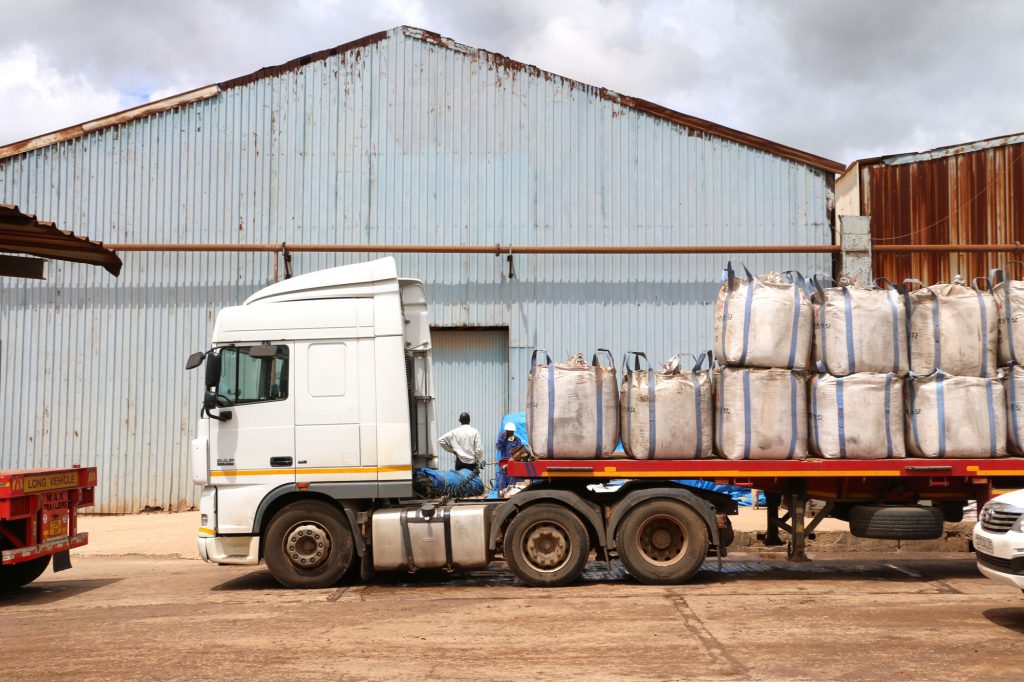 Processed cobalt, ready for transport.
Processed cobalt, ready for transport.Show your support and sign the Call to Action
The Fair Cobalt Alliance is founded by Fairphone, Signify, Huayou and the Impact Facility. Recently, we have been joined by Glencore, the Responsible Cobalt Initiative, Sono Motors and Lifesaver. Knowledge and development organisations, amongst them Miller Center for Social Entrepreneurship, and Congolese civil society, including the Centre Arrupe pour la Recherche et la Formation (CARF) are also actively supporting and participating in the initiative.
Now, we’re calling on all organizations (in)directly involved in the cobalt supply chain – from smelters and manufacturers to governments and non-profits – to join us in the fight to improve conditions at ASM operations and build stronger local economies. It starts by taking a stand and signing the Fair Cobalt Alliance Call to Action. By joining forces, we can show that it’s possible to increase the availability of responsibility mined cobalt, and keep moving the bar one step closer to fair electronics.
Head on over to the Impact Facility’s website for more details on the Fair Cobalt Alliance >>
